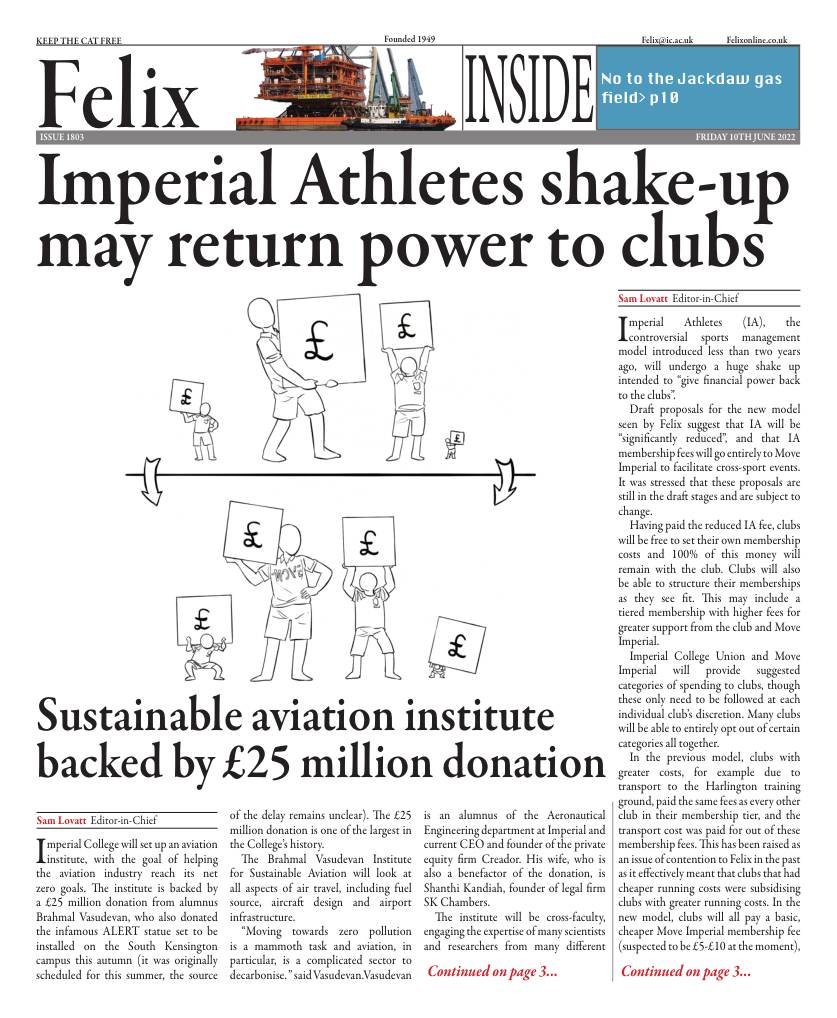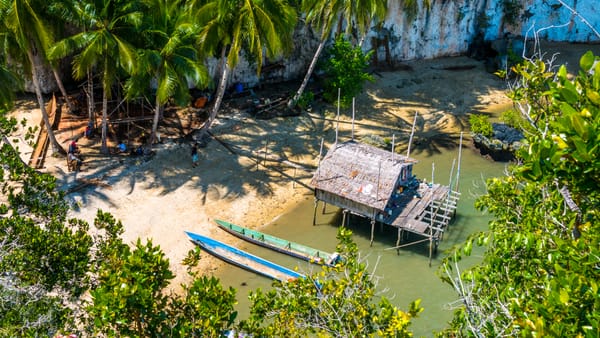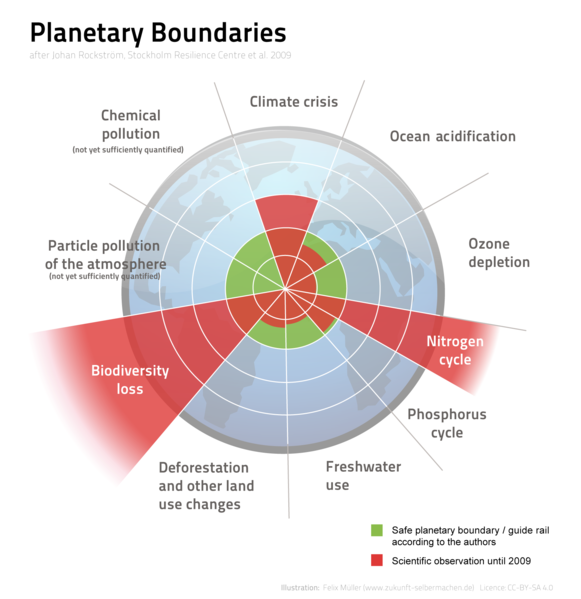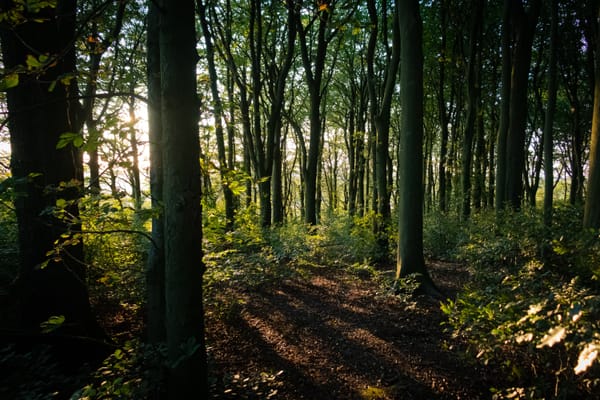Enough. 'No' to the Jackdaw gas field
This month's approval for construction of the Jackdaw gas field is a backwards and riddled with conflicting interests
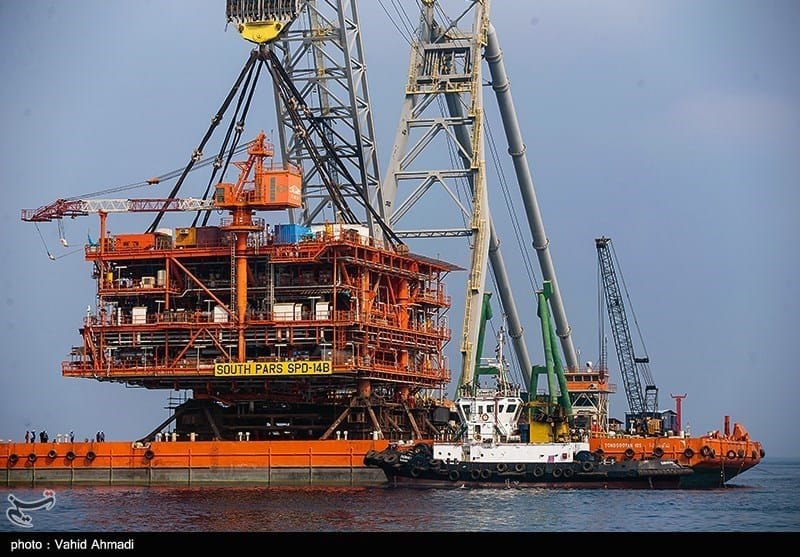
On the 1st June, Shell was granted permission to develop Jackdaw, a new gas field in the North Sea. According to a tweet by Kwasi Kwarteng, the Secretary of State for Business, Energy and Industrial Strategy, the move is ostensibly to ‘protect energy security’.
Grahame Buss, who worked at Shell for 33 years and was their principal scientist, has written a piece for the Independent that explains in detail why this is unrealistic. In short: this development will not lower bills during the cost-of-living squeeze or provide security. Instead, it will serve mainly to increase profits for Shell and lead to CO2 emissions, worsening the climate crisis that this government claims it is committed to addressing.
Here are just a few indicators that the politicians backing this development may not have the environment’s best interests at heart:
•Kwarteng has accepted payments from fossil fuel investors but would like us to believe that he is fully behind the transition to green energy.
•Prime Minister Boris Johnson only conceded publicly in 2019 that climate change is real. Before then, he wrote columns for newspapers denying human-driven climate change as nonsense. However, he changed his mind after receiving a briefing from Sir Patrick Vallance, the government’s chief scientific advisor, that explained in 11 simple slides how serious the situation is.
•If you are thinking: ‘Wow, that presentation must have been impressive!’ you should know that Angus Rose, an environmental activist, went on hunger strike in March with the simple request that Sir Vallance present the same information to all ministers and broadcast it to the public. Angus starved himself for more than five weeks, sitting outside parliament every day, while Greg Hands, Minister for Business, Energy and Industrial Strategy, ignored him.
As for Shell…
Shell’s environmental statement for the Jackdaw field would be funny if it weren’t so dangerous.
The statement considers multiple aspects of the project: the physical presence of new rigs, disturbance to the seabed, emissions to air, discharges to sea, and underwater noise. Using criteria they have written for themselves, they claim that all of these will have only ‘minor’ and ‘slight’ impacts on the environment. They assess that none of these actions will have any impact that might ‘persist or require cleaning up’—none of them.
This is nonsense.
‘Blood on your hands’
This proposal was rejected in October 2021 on environmental grounds. Protesters launched rallies this weekend, including painting ‘blood on your hands’ on a government building. Greenpeace may launch a legal challenge to the development, calling it a ‘desperate and destructive’ move.
The government is responsible for properly managing emissions, and it is failing.
The UK does not need additional fossil fuel, and the world cannot sustain it. Further exploitation of the North Sea must be prevented.

